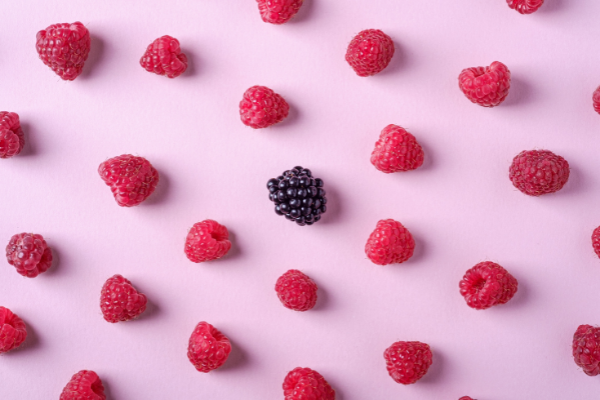It’s a berry good day for Pairwise, a company inching closer to making berries seedless through their work altering blackberries’ and black raspberries’ DNA.
How do they do it? Pairwise uses CRISPR gene-editing to remove or change the sequence of the genome so a specific trait doesn’t appear or a desired characteristic is more pronounced. Quite simply, it’s making changes to what’s already there versus adding new DNA.
In short: This is not creating GMOs. “Because gene editing creates variation that is already present in nature, the products can have a shorter and less complicated regulatory path than GMOs [genetically modified organisms] that involve inserting genes from other organisms into a crop genome,” said Pairwise CEO Tom Adams.
Why go seedless? Adams said Pairwise wanted to “get rid of seeds and bring the kind of properties into it that are in the other berries, so that we can expand the choices and give people more [options] for a healthy diet.”
One example of Pairwise’s gene editing work is changing the plants’ structure to get rid of thorns on bushes — making harvesting safer. Besides berries, Pairwise is working to make leafy greens less pungent and cherries pitless.
Hitting a grocery shelf near you. Be on the lookout sometime in the mid-2020s.

